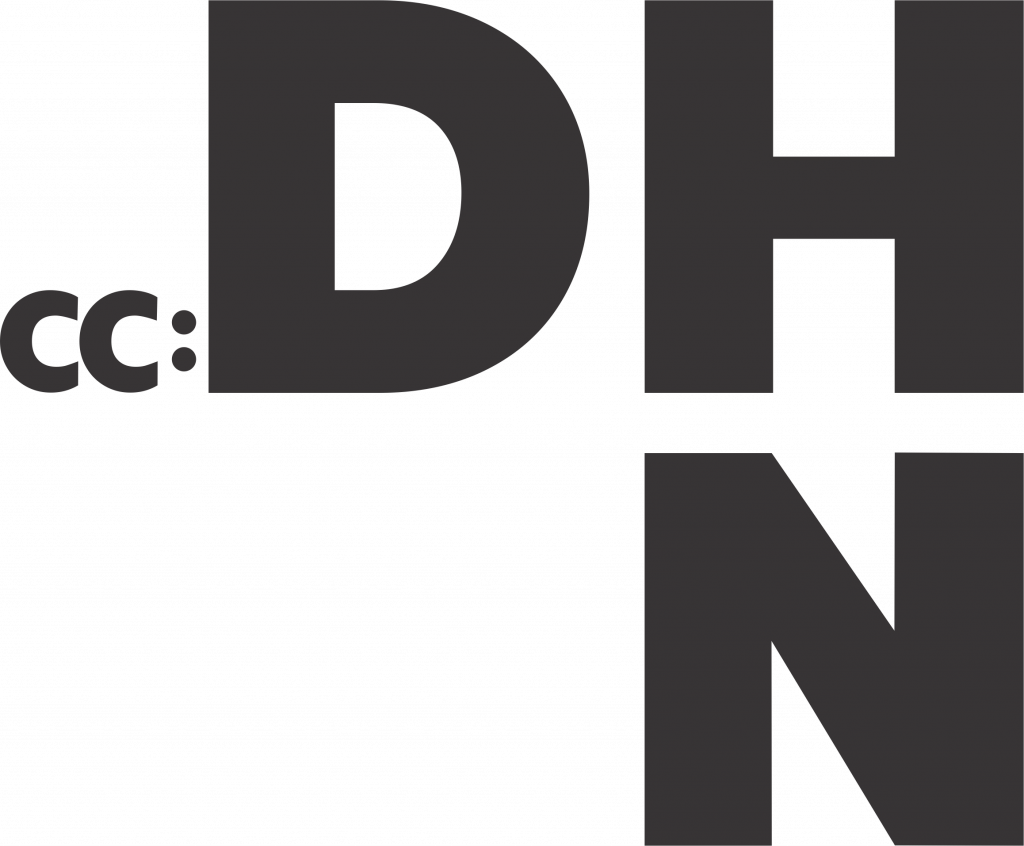
- This event has passed.
Creating Digital Collections with Minimal Infrastructure: Hands On with CollectionBuilder for Teaching and Exhibits
June 3, 2024 – June 7, 2024
This course introduces fundamental web and DH skills using CollectionBuilder, an open source project for building digital collection and exhibit websites driven by metadata and hosted on a lightweight infrastructure. The high cost and IT requirements of digital collection platforms are often a barrier to creating new collections for sharing or teaching humanities research. CollectionBuilder is optimized for non-developers and simple hosting solutions, allowing researchers to take greater ownership over their digital projects and lowering barriers to customization. Scholars in this course will learn CollectionBuilder by engaging in a scaffolded approach with hands-on experience in digital library foundations such as scanning and metadata creation to web development. Building on these skills, students will learn the basics of working with plain text files, CSV data, Markdown, Jekyll, Git, GitHub, and GitHub Pages in order to create and customize their very own digital collection. By the end of this course, students will have gained the knowledge and independence necessary to implement CollectionBuilder in contexts that include creating and disseminating research collections and custom digital exhibits, or teaching digital libraries in the classroom. This is a hands-on course that will cover basics of digitization, metadata, and web programming fundamentals. No programming experience is necessary, although you should have a strong interest to learn! Participants are asked to bring their own computers. All software used in the course is free, open source, and cross platform and will be installed during class time. Optionally, participants are invited to bring along a small collection of physical items to digitize, digital files (images, pdfs, audio) to feature in a digital collection, or metadata exported from an existing collection hosted on CONTENTdm.
This offering is co-sponsored by U Idaho Libraries.
This course will complement “[Foundations] Digitisation Fundamentals and their Application,” “Creating LAMP Infrastructure for Digital Humanities Projects,” “[Foundations] Developing a Digital Project (With Omeka),” and can be built on by “The Frontend: Modern JavaScript & CSS Development.”
